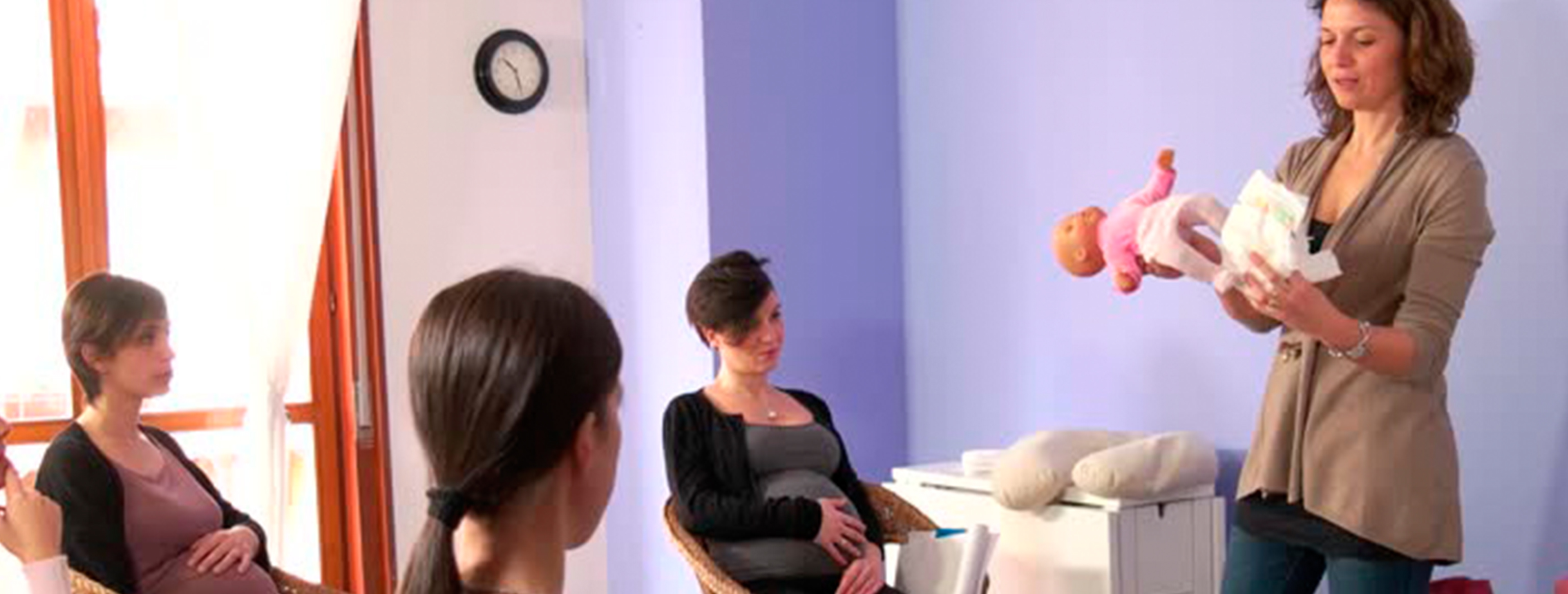Children's Health
Will Vaccinating your Child increase the risk of Autism?

There is no doubt that autism is increasingly recognized all over the world. In the early days of increasing public awareness of autism in the 1980’s and 1990s, there was a lot of confusion about the cause of the disorder and if there was something we were doing to cause these symptoms. Because the symptoms of autism usually are noticed in the second year of life, it was intuitive for many people to look at factors in the environment that could trigger autism. The most obvious thing to look at was vaccines, especially the MMR vaccine which is given at 12-18 months.
So, the question that everyone was asking in the 1990’s was: Does giving my child the MMR vaccine predispose them to get autism?
We all know that when two events occur at the same time, it is possible that one is related to the other or it could be a coincidence. Therefore, several studies have been undertaken to look at the relationship between autism and the MMR vaccine. All the studies that looked at a large number of children who were vaccinated and children who were not vaccinated with MMR show there is actually no difference in the number of cases of autism in children vaccinated and those not vaccinated. The association then is a coincidence because both events occur in the second year of life. In 2011, a group of elite scientists from a top medical institute in the US gathered to review all the literature on the MMR vaccine and autism and found no evidence of an association. Similarly, other studies were conducted that looked at the preservative “Thimerosal” which was present in some vaccines showed no association between vaccinations and autism.
Unfortunately, the belief that vaccines cause autism persists strongly in many individuals despite the many studies showing no proof. One factor contributing this belief is the media noise generated by Dr. Andrew Wakefield in 1998 who claimed to discover an association between the MMR vaccine and autism.
Dr. Wakefield was a physician in the UK. In 1998 he published results of a study of 12 children with autism. He conducted endoscopies to look at the digestive system and reported that he found inflammation or damage caused to the digestive system by the MMR vaccine. He and his colleagues held a news conference announcing their findings and subsequently it generated a large scare around the world about the use of MMR vaccination and many parents stopped vaccinating their children. Subsequently, the vaccination rates dropped to dangerously low levels resulting in several epidemics around the world. Fortunately, the wave of panic was proven to be premature. Dr. Wakefield’s study was on a small number of patients and needed to be replicated to prove that it is correct, which lead to the discovery of bigger problems with the study. It turned out that these patients were actually recruited by a lawyer who wanted to sue the vaccine manufacturers. This lawyer paid Dr. Wakefield for his services beyond the medical care. There were additional ethical problems with the study indicating Dr. Wakefield was going to gain financially by claiming to produce a different kind of MMR vaccine without side effects.
Twelve years after the announcement of Dr. Wakefield’s study and the review of all the facts related to it, The Lancet- the journal that published the initial paper, retracted the study and Dr. Wakefield lost his license to practice medicine in the UK.
Even with all this evidence, the fear generated by this study continues to be propagated especially on the internet. Many parents continue to be afraid of vaccinations resulting in refusal to give vaccines and exposing their children and the community to unnecessary risk of disease. The most recent victims of this misinformation were a group of children from the Somali community in the State of Minnesota in the USA. These Somali families recently were exposed to a campaign claiming that the MMR causes autism in their children. As parents panicked, they stopped vaccinating their children resulting in many children falling seriously ill with Measles. In conclusion, I hope I have shown that vaccines do not cause autism or other developmental disorders. Holding back on immunizations does not reduce the risk of autism but increases the risk of preventable illness that can cause significant harm to your child. These preventable diseases, especially Measles can cause serious illness (including meningitis, pneumonia and hearing loss) and can be life-threatening. Finally, I would love to hear from you and your opinion about this topic. What has been your personal and your community’s experience and practices? How do you read information from the internet? *I have also listed some important references you can read if you want to explore this topic further.














